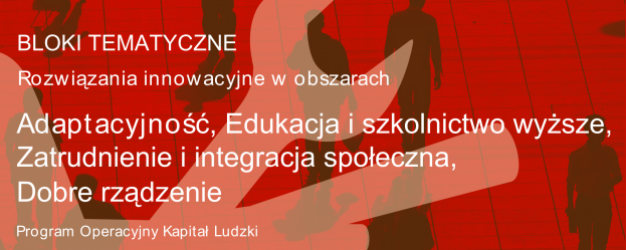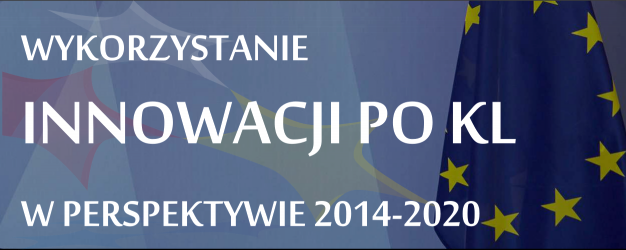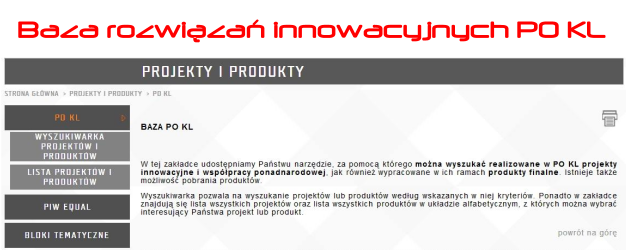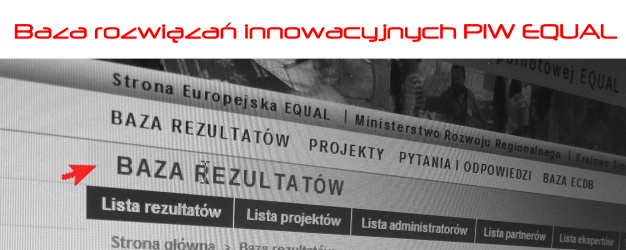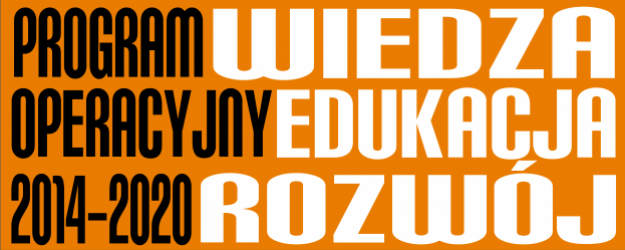INNOVATIVE MODEL OF OCCUPATIONAL ACTIVATION FOR OCCUPATIONAL THERAPY WORKSHOPS MEMBERS
Name of institution: ASSOCIATION FOR SOCIAL COOPERATIVES, POZNAŃ POLAND
Type of the organization: Thematic scope of the project: - Access to employment and social inclusion
- Education and training
Problems to be solved (justification of the need of the transnational cooperation): Poland is still facing the problem of uneven economic growth, huge regional income disproportion, increasing unemployment rate (27% among academic graduates), helplessness and relying on social care benefits. All this leads to social exclusion growth which fuels the vicious circle. Proper remedy seems to lay in social economy model, consisting of achieving social goals by using economic tools by former marginalized society members. Role model examples are social cooperatives which proved to be an innovative form of counteracting against social exclusion. Still most of social cooperatives rely only on partnerships with local NGOs, rarely with public sector and scarcely with business partners what proves their isolation on the market and lack of competitiveness resulting in low financial results (WYG Int. research 2009). According to EU (2009) ca. 10 million people are working in social economy sector (6,6% of total employment) and every forth company is an effective and competitive social enterprise. In comparison to EU, in Greater Poland region (called the green island of social economy in PL) it’s only 2%. The situation is even worse for mentally and physically disabled people – they are not favoured on open job market and the social care lacks tools to effectively fulfil their social and occupational activation. There are only 608 working Occupational Therapy Workshops (OTWs) in PL, 83 in Greater Poland region. According to last Supreme Control Chamber report, the abiding regulations unable them to fully realise their mission i.e. by not allowing them to cross out members who finished their activation path (and usually are fit to start either a regular job or apply for a post in Supported Employment Enterprise) and by forcing them to redistribute their income, so that they can’t invest it and develop themselves. Taking all of this into consideration the diagnosed problems are:
- Ineffective and maladjusted regulation system which prevents occupational activation of nearly 93% of disabled people in PL
- Low awareness between entrepreneurs regarding the possibilities of employing disabled which results in few job opportunities for 76% of disabled • Low awareness between businessman regarding the role of social cooperatives in solving the society problems
- Maladjustment of local strategy to 83% of OTWs needs Answering the mentioned problems, Association for Social Cooperatives wish to create a new model of disabled social and occupational activation. By supporting inter-sector cooperation, creating friendly environment for social economy growth and adapting good practices from EU, we want to establish new form of social cooperatives by OTWs which would hire disabled and help them in sustaining on open market.
Objectives to be achieved: Supporting progress of social enterprises in Poland by using EU experience and good practises.
Main transnational activities (as provisionally planned, to be confirmed with partners): RESEARCH regarding possibility of OTWs functioning in economic environment and transforming into social enterprise (despite the analysis of pros and cons, the research should contain also suggestions of innovative business models possible to adapt in mentally disabled people workplace). The research should be addressed both to mentally disabled members of OTWs, local governments creating friendly environment for OTWs progress, business partners interested in cooperating with OTWs and NGOs acting for the disabled benefit. Research needs to contain: Analysis of current situation, diagnosis of the problem of low OTWs economic productivity and possible solutions for progress Examination of OTWs Management attitude (CAWI/CATI) Workforce fluctuation analysis between OTWs and open job market (qualitive and quantitative analysis) Individual OTWs members potential for employment at open job market (IDI, interest questionnaires) Moderating FGI examination with OTWs representatives regarding the possible risk and success of new model implementation Diagnosis of potential for creating friendly environment for social cooperatives establishment between local governments (CAWI, CATI, FGI, IDI) Diagnosis of cooperation potential between nongovernmental sector and business i.e. by using CSR tools (CAWI, CATI, FGI, IDI) SHARING EXPERIENCE during 5 Experts Meetings (formed of business, public and nongovernmental experts) aiming to create a new model of occupational activation of mentally disabled people in three areas: • Possibilities of establishing social cooperatives by OTWs which could create new work places, develop human potential, strengthen social and occupational activation, increase economic profits of OTWs activity • Building partnerships between public and business sector to stimulate local growth, along with supporting progress of social enterprises by implementing inter-sector cooperation • Adapting successful solutions for social enterprises hiring mentally disabled people in EU in local environment ORGANIZING 2 WORKSHOPS focused at preparing the final version of the model from the view of its usability to its target group (mentally disabled people) and recipients, taking into consideration the research results
Planned deliverables & outcomes of TNC: Research’s product should contain full analysis of current OTWs situation on the market with experts’ recommendation regarding its improvements (measuring the effectiveness of the on-going activity from business point of view, barriers of starting more entrepreneur management, interest in changing the situation and implementing new solutions, i.e. social enterprises) – 4 reports with detailed description of mentioned study areas. Results of 5 Experts Meetings – 7 experts’ recommendations. Results of workshop work – 16 h of workshops with a summary regarding the debated solutions.
Target group: - Big enterprises (over 250 employees)
- Persons with mental or physical disabilities
- NGOs
Stage of the implementation: Project under implementation
Budget of the project in EUR: 705364
Budget of transnational activities in EUR: 250000
Duration of the project from (dd/mm/yyyy) to (dd/mm/yyyy): 01/04/2012-30/09/2014
Duration of transnational activities within the project from (dd/mm/yyyy) to (dd/mm/yyyy): 01/07/2012-30/09/2014
Contact person: Paulina Malińska

